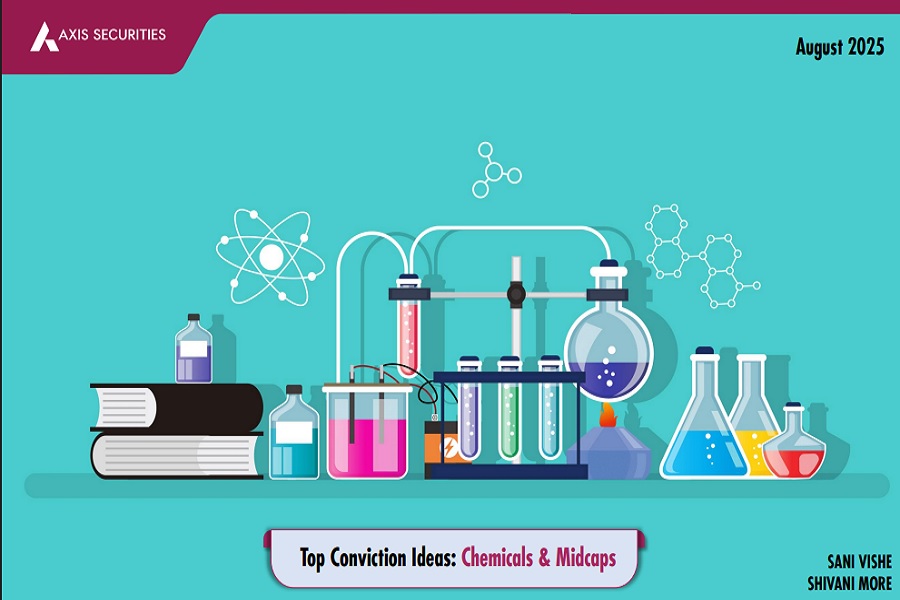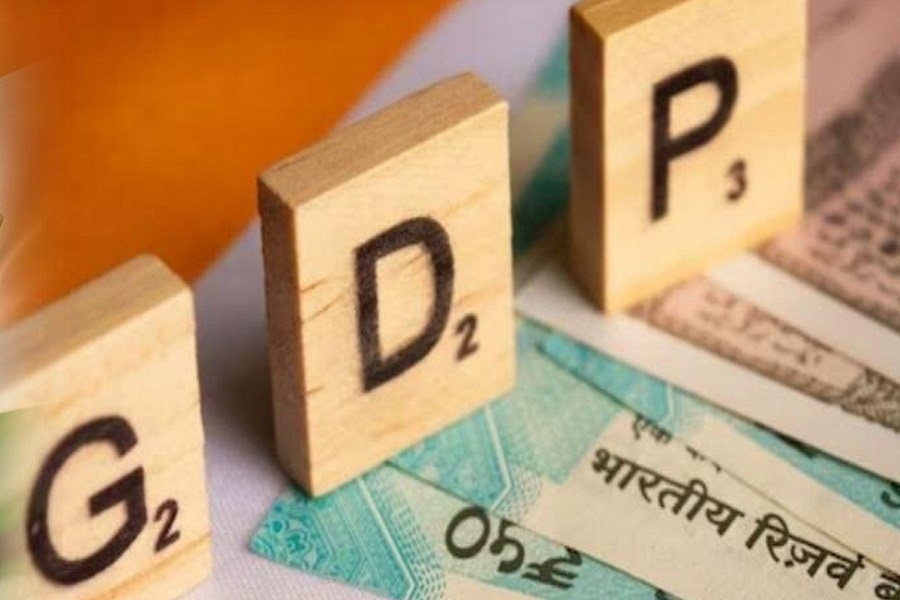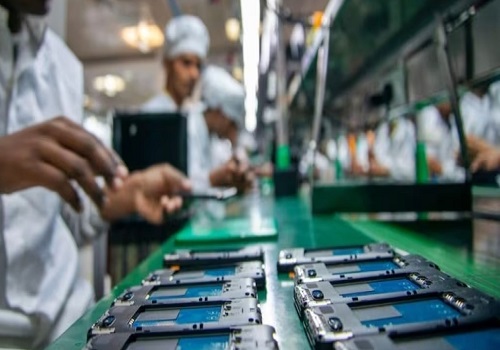Consumer Retail Sector Update : GST rate rationalisation: Shot in the arm at the right time By JM Financial Services

Rationalisation of GST slab rates will come as a much-needed boost for consumer companies, especially because discretionary consumption (excluding value retail and jewellery) has been subdued over the last 2-3 years. We believe the rationalisation of the 4-tiered GST structure into a ‘Simple Tax’ – 2-tier structure with 18% and 5% rates (and a 40% de-merit rate for sin and luxury goods) will lead to more disposable income in the hand of consumers. This, in turn, should lift discretionary spends, especially in low-ticket discretionary items like QSR, footwear and apparel. The footwear sector will benefit the most as a large number of products will now move from 12%/18% to 5%. The benefits of rate reduction for apparel players will be mixed; mass to mid premium players will benefit from the rate reduction (5% now vs. 12%/18% earlier) while premium players will not as their products will face a higher rate of 18% (vs. 12% earlier). GST rate reduction on raw material for QSR players will be beneficial for all the players (refer GST 2.O reforms note) by 20-90bps. Grocery retailers like DMart and Vishal Mega Mart will be benefit indirectly, as they are the ultimate channel of consumption for many of these products. We expect ~2-3% savings in the capex for new stores for ACs, LED screens, etc. In our coverage universe we see highest benefits for Metro, Bata, Campus, ABFRL and Style Baazar.
- Announcement of GST rate rationalisation: The reformed GST will be implemented from 22nd Sep’25. The government has rationalised the current 4-tiered GST structure into a ‘Simple Tax’ – a 2-rate structure with a standard rate of 18% and a merit rate of 5%; however, it has also introduced a special de-merit rate of 40% for select sin and luxury goods. Apart from rate rationalisation, several products have been transferred from 18% GST rate to 5%/0% rate with the intention of boosting consumption in the economy.
- Positive for footwear: The sector earlier used to attract 12% GST on products priced at or below INR 1,000 and 18% GST on the rest. With the new proposed changes, the government has reduced the GST to 5% on products priced at or below INR 2,500 and 18% on the rest. We believe rate rationalisation will benefit the entire sector as a majority of the products offered are priced below INR 2,500 only. As per our estimates, the entire footwear sector will benefit in varying proportions owing to reduction of rate at the lower and mid-premium segment.
- Neutral to slightly positive for apparel: The sector earlier used to attract 5% GST on products priced at or below INR 1,000 and 12% GST on rest of the products. With the new proposed changes, the government has reduced the GST to 5% on products priced at or below INR 2,500 and 18% on rest of the products. This will provide relaxation to the mid premium apparel category (INR 1,000-2,500) while the premium and ultra-premium products will be taxed at a higher rate of 18%. As per our analysis, it will be positive for companies like Style Baazar, V-Mart, V2 retail, Trent, Arvind Fashions, Go Fashion, ABFRL, etc., while it will be slightly negative for Sai Silk, and Vedant Fashions.
- Positive for QSR: As earlier highlighted in our GST 2.O reforms note, rate reduction on several raw material items like cheese, sausages, sauces, condiments, roasted coffee, etc., from 12% or 18% to 5% is expected to benefit the entire QSR space. We expect Jubilant Foodworks and RBA to benefit the most with gross margin benefits upto 70-90 bps; other QSR players could also gain but their benefits would be lower at 20-50bps.
- Indirect benefit to grocery retailers: DMart and Vishal Mega Mart are expected to benefit indirectly from rate rationalisation, as they are the major channels of consumption for retail consumers. Increase of savings in the hands of consumer will lead to higher discretionary consumption, eventually leading to uptick in revenue/sqft and better operating leverage for these companies.
- New store capex to be lower by ~3-4%: Our interaction with multiple companies suggests that GST rate rationalisation will result in 2-3% savings as 25-35% of the capex in new stores is on ACs, LED screens, etc., which will now be taxed lower at 18% vs. 28% earlier.
Please refer disclaimer at https://www.jmfl.com/disclaimer
SEBI Registration Number is INM000010361


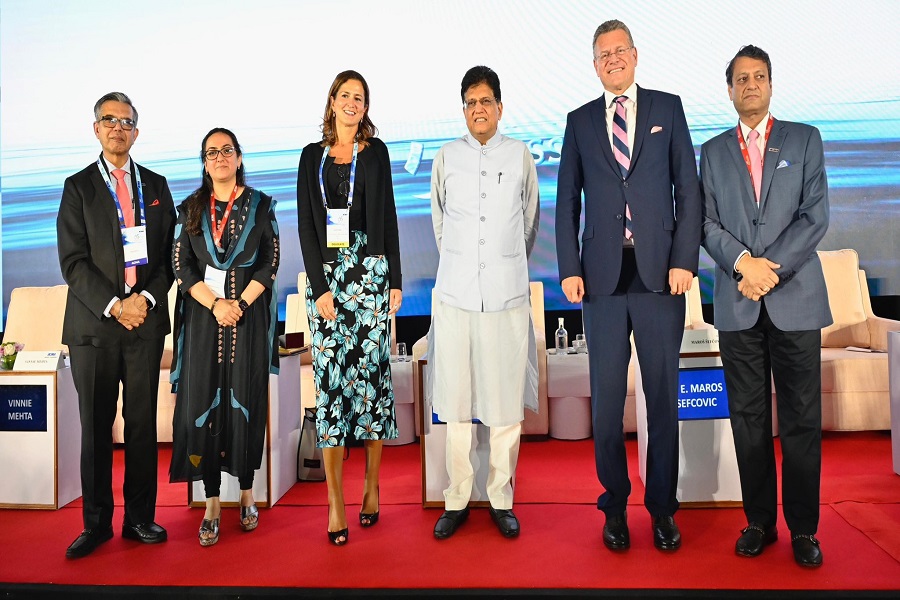



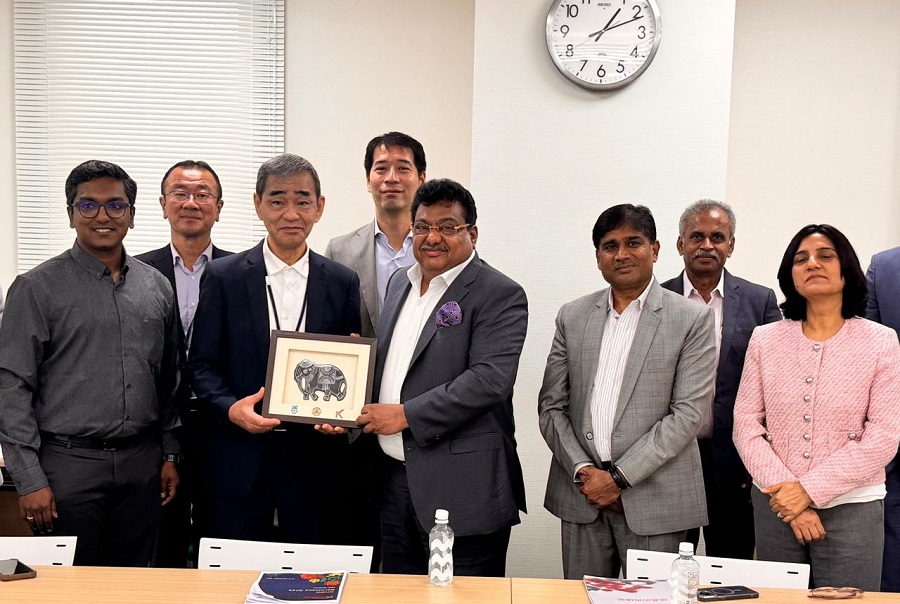


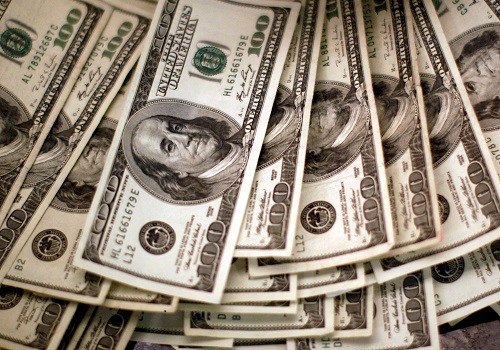
More News

Automobile Sector Update : Bharat Mobility Expo 2025 By Yes Securities Ltd

